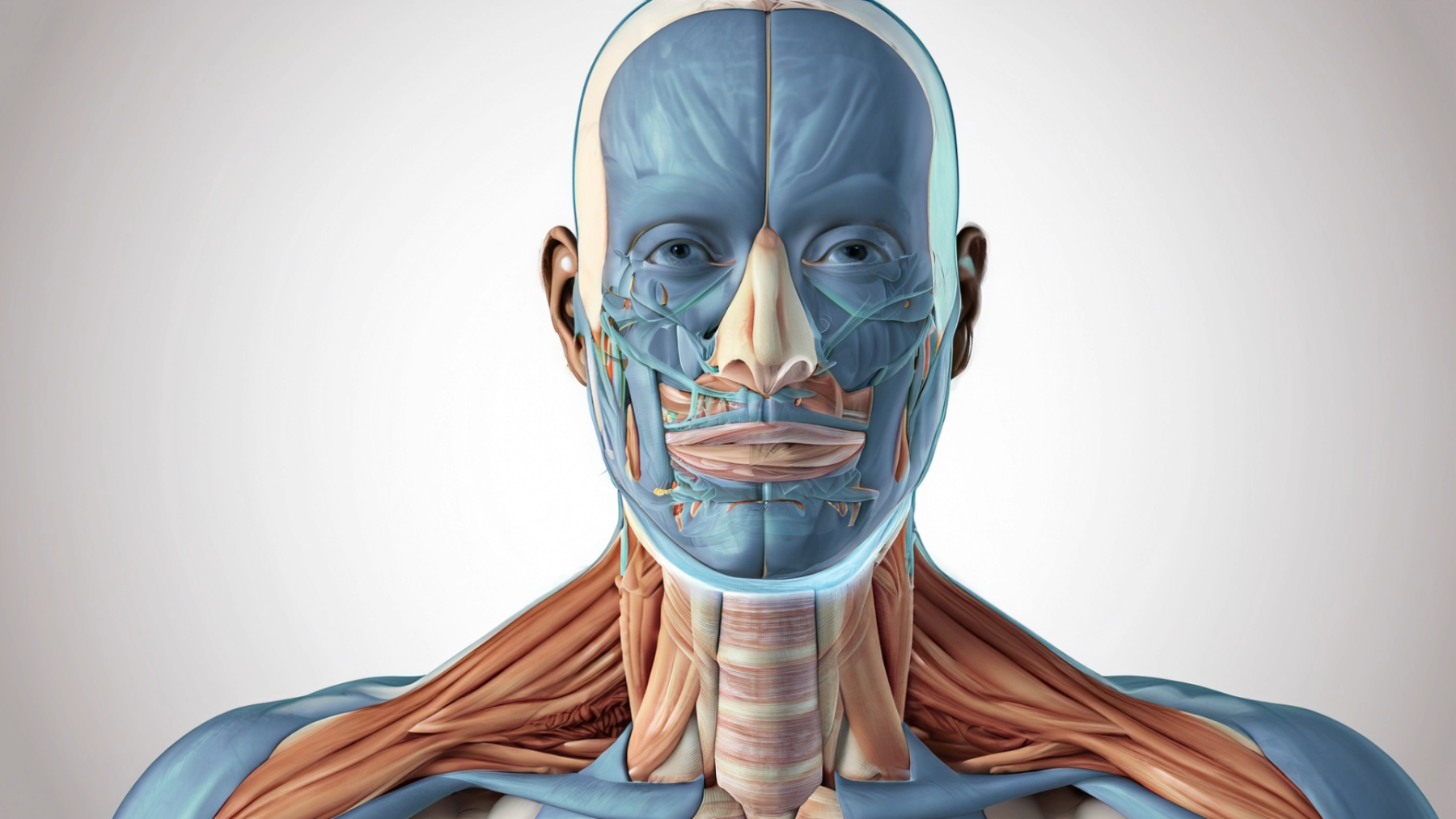
I'm Too Hot to Learn
by Leslie Gudger
Human cells function best within a specific temperature range. Recent scientific data has shown that extreme high temperatures can have detrimental effects on our cells. In fact, repeated exposure to extreme heat (like the 31 consecutive days of 110-plus degree weather we endured in 2023) can damage brain cells, cause inflammation in the brain, and exhaust cognitive reserve. How do we expect our students to gain and retain information under this steadily changing environment? Students will be conducting research on this scientific concept and creating a video to show their findings.
Lesson Grade Level
7th GradeLesson Plan Link/URL
https://docs.google.com/presentation/d/1F3bmMOpqqZUP8GVj-qLRIrPkKyE2ehRo/edit?u…Subject Area
Science Life Science L1: Cells Technology 1. Empowered Learner 3. Knowledge Constructor 6. Creative Communicator English Language Arts (ELA) Reading (Informational Text) Speaking & Listening
Featured
Off
Related Content

Grades:
6th Grade, 7th Grade, 8th Grade
This lesson is modeled after STEMAzing's lesson, "Picture Perfect Rover Cell Phone Holder”. Students will build a cell phone holder for their Edison Bot, plan a drive for the Bot to collect photos or

Grades:
Kindergarten, 1st Grade, 2nd Grade
In this hands-on lesson, students will utilize Beebots and the app iClips on the iPad to create a film about bees. Students will create their own storyboards and props and will analyze each other's

Grades:
6th Grade, 7th Grade, 8th Grade
Within this lesson, students will present their master-planned community to a test audience and potential clients. Focus is on presenting to the client rather than reading information off the slide